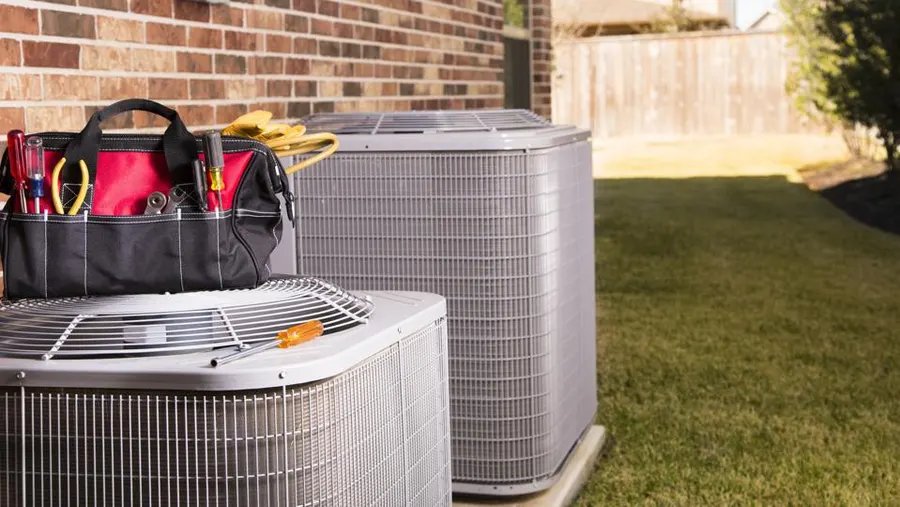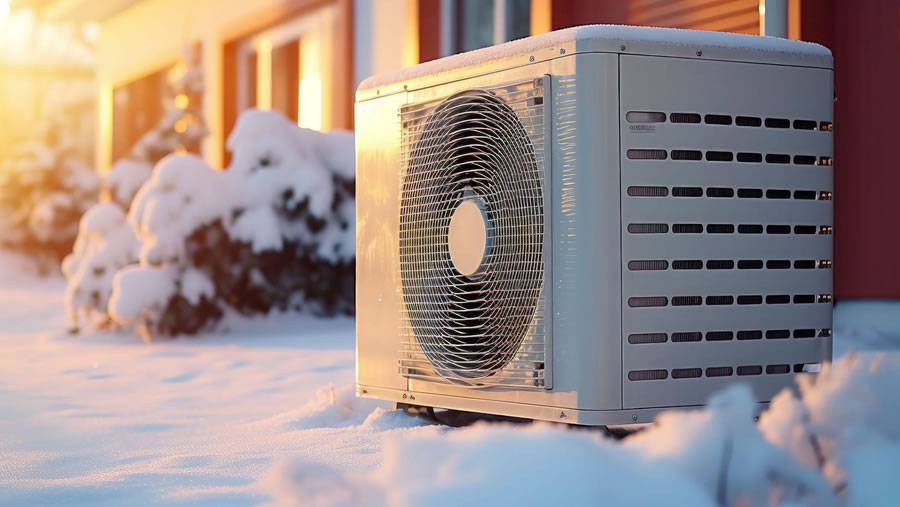Maintaining your HVAC system is essential for ensuring your home stays comfortable throughout the year.
Essential Plumbing Maintenance Tips for Homeowners
As a homeowner, maintaining your plumbing system is crucial for avoiding costly repairs and ensuring that everything runs smoothly. From preventing clogs to detecting leaks early, these plumbing maintenance tips will help you keep your system in top condition and avoid plumbing emergencies.
1. Regularly Inspect for Leaks
Leaks, no matter how small, can lead to significant damage over time. Regularly inspect areas under sinks, around toilets, and near appliances like washing machines and water heaters for any signs of water leakage. Look for damp spots, mold, or the sound of dripping water. If you spot a leak, address it immediately to prevent water damage and higher water bills.
2. Keep Drains Clear
Clogged drains can lead to backups and even damage to your plumbing system. Avoid pouring grease, coffee grounds, or fibrous materials like vegetable peels down the sink. Use drain guards to catch hair and other debris in showers and tubs. Once a month, flush your drains with a mixture of hot water, vinegar, and baking soda to help break down buildup and keep your pipes clear.
3. Maintain Water Pressure
Water pressure that’s too high can strain your pipes and fixtures, leading to leaks and other issues. Use a water pressure gauge to check your home’s water pressure. The ideal range is between 40 and 60 psi (pounds per square inch). If your water pressure is too high, consider installing a pressure regulator to protect your plumbing system.
4. Insulate Pipes
During the colder months, exposed pipes are at risk of freezing and bursting, which can cause significant water damage. Insulate pipes in unheated areas like basements, attics, and garages to prevent freezing. You can use foam pipe insulation or heating tape to keep your pipes warm during winter.
5. Know the Location of Your Main Water Shut-Off Valve
In case of a major leak or burst pipe, knowing how to quickly shut off the water supply can prevent severe damage. Familiarize yourself with the location of the main water shut-off valve in your home and ensure that all family members know how to turn it off in an emergency.
6. Be Mindful of What Goes Down the Toilet
Toilets are designed to handle human waste and toilet paper—nothing else. Avoid flushing items like wipes, feminine hygiene products, cotton balls, or paper towels, as they can cause blockages in your plumbing system. Even “flushable” wipes can lead to clogs over time, so it’s best to dispose of them in the trash.
7. Check Your Water Heater
Your water heater is essential for providing hot water to your home. Regularly inspect it for signs of rust, leaks, or unusual noises. Drain a few gallons from the tank every six months to remove sediment buildup, which can reduce efficiency and shorten the lifespan of your heater. If your water heater is over 10 years old, consider replacing it with a newer, more energy-efficient model.
8. Schedule Regular Professional Inspections
While many plumbing maintenance tasks can be handled by homeowners, it’s a good idea to schedule an annual inspection with a professional plumber. A plumber can check for issues that may not be immediately visible, such as slow leaks, hidden clogs, or problems with your water pressure or sewer line. Regular inspections can help you catch and fix small issues before they turn into major problems.
9. Test Your Sump Pump
If your home has a sump pump, especially in a basement or crawl space, it’s important to ensure it’s working properly. Test it periodically by pouring a bucket of water into the sump pit. The pump should activate and drain the water quickly. If it doesn’t, check for blockages or consider having it serviced by a professional.
10. Be Prepared for Emergencies
Despite your best efforts, plumbing emergencies can still happen. Prepare yourself by keeping a few essential tools on hand, such as a plunger, pipe wrench, and plumbing tape. Having a trusted plumber’s contact information readily available can also save you time and stress in the event of an emergency.
Conclusion
By following these essential plumbing maintenance tips, you can help protect your home from water damage, extend the life of your plumbing system, and avoid costly repairs. Regular maintenance is key to keeping your plumbing in good working order and ensuring your home remains a comfortable and safe place to live. If you need professional assistance with any plumbing issues, don’t hesitate to contact us. Our team of experienced plumbers is here to help you maintain your home’s plumbing system.
Related Posts
Regular upkeep not only prolongs the life of your system but also helps you avoid unexpected breakdowns and costly repairs.


